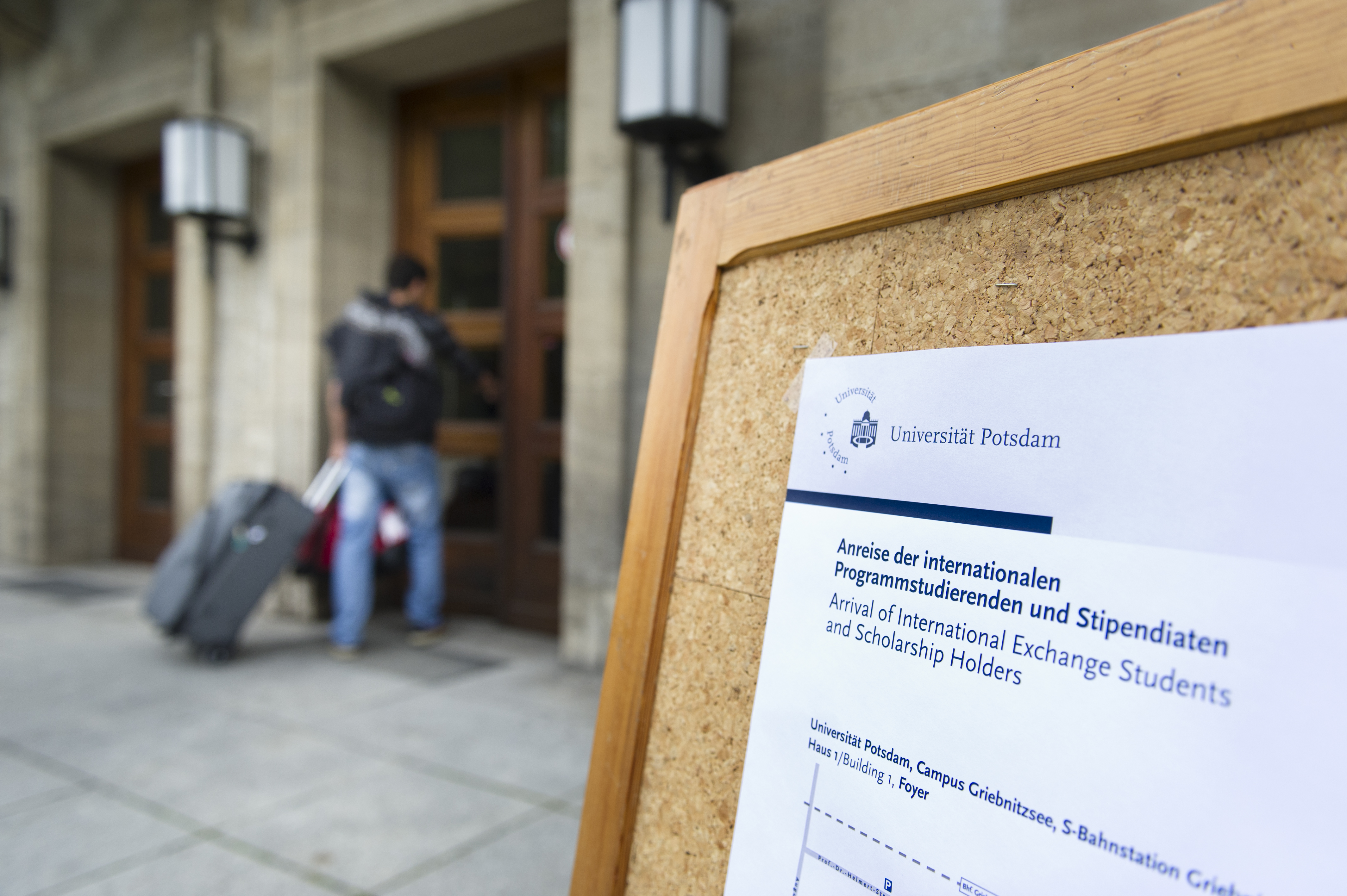
WEIGHT: 65 kg
Bust: C
1 HOUR:40$
Overnight: +30$
Sex services: Role Play & Fantasy, Food Sex, Cross Dressing, Lesbi-show hard, Sex oral in condom
The G7 Summit in June offers an opportunity to provide tangible funding commitments to developing countries in the fight against climate change. If offers fall short, the world faces the risk that rising global inequality will derail international climate efforts, writes Dr Rainer Quitzow. As the COVID pandemic remains with us, its economic impact is primarily being felt in developing countries, fuelling global inequality. In most industrialised countries, the socio-economic effects of the crisis could be mitigated by extensive public spending programmes and existing social security systems.
The capacity of middle income and developing countries to increase public spending has been much more limited. Correspondingly, the consequences of the crises in these countries are not only more serious — they will last longer. The World Bank calculates that in the next two years, with the exception of China, per capita incomes will remain significantly below pre-pandemic levels in middle income and developing countries, making the coronavirus pandemic a driver of already increasing global inequality.

Moreover, these developments come on top of rapidly increasing levels of debt in low-income countries since the global financial crisis. These developments show the pivotal importance of sufficient financial support for developing countries in dealing with both the coronavirus crisis and the growing climate crisis. For this reason, it is devastating that the industrialised countries have so far not been able to fulfil the funding pledges they made already in at the Climate Summit in Copenhagen.
While estimates of the amount actually given vary greatly, observers are unanimous: the target has clearly been missed. It is crucial to not only meet the previously defined financing targets but also to increase these targets to reflect the growing financial emergency in many countries.

It is crucial to move quickly to close public financing gaps in developing countries, not only to facilitate urgent investments and mobilise private co-financing. Without a rapid scaling-up of donor funds, the continued commitment of many developing and emerging countries to engage in ambitious climate action and enhance ambition over time, as stipulated in the Paris Agreement is at risk. Indeed, the economic crisis has already slowed progress in climate action in a number of countries, especially in those heavily dependent on fossil fuels.


































